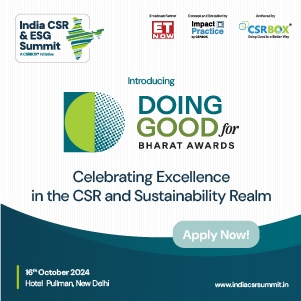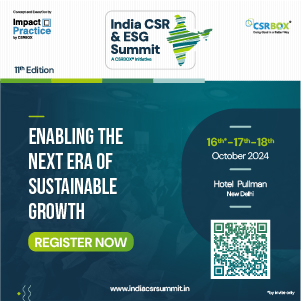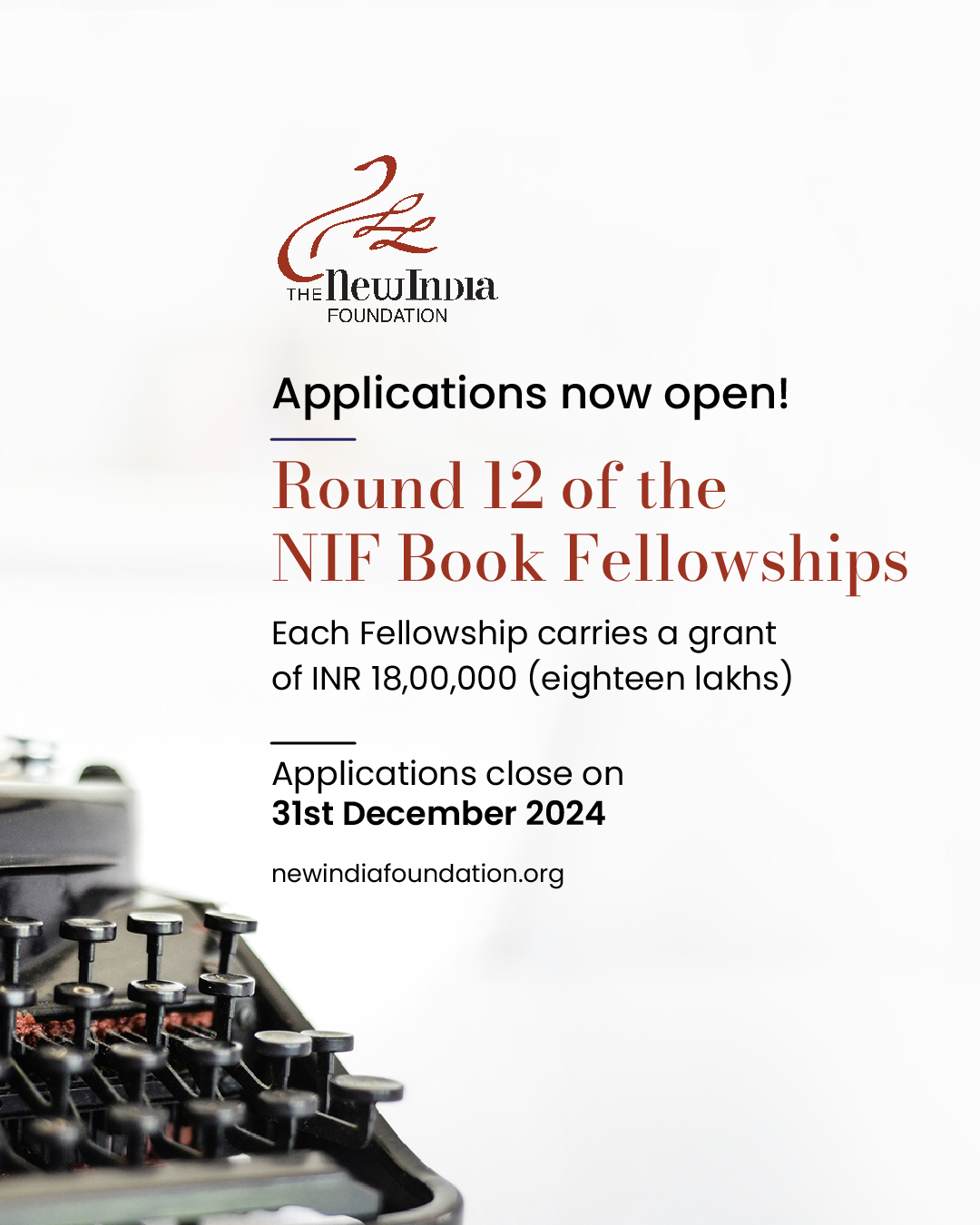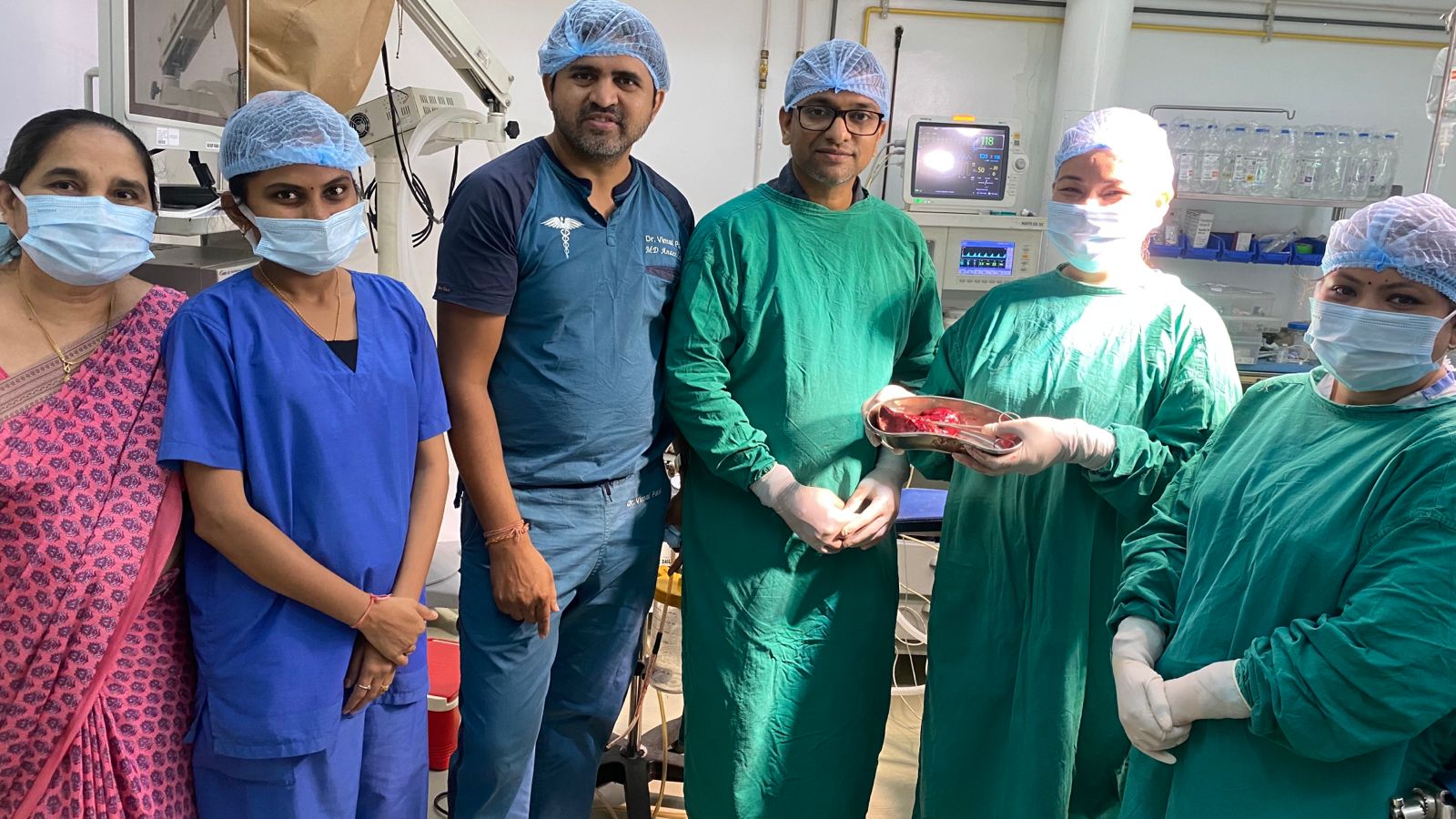Subscribe our Weekly Newsletter
SoW for Hiring Agencies to Conduct Third Party Study for Libraries in UP

Organization: Room to Read
Apply By: 11 Aug 2024
Scope of Work Document
Project Title: SERI (Scaling up Early Reading Intervention) Third-party Study of Functioning of Libraries and Availability of Age-appropriate Children’s Literature in the Primary Schools of Uttar Pradesh
Organisational Overview
Founded in 2000 on the belief that World Change Starts with Educated Children®, Room to Read (RtR) is creating a world free from illiteracy and gender inequality through education. We are achieving this goal by helping children in historically low-income communities develop literacy skills and a habit of reading, and by supporting girls as they build life skills to succeed in school and negotiate key life decisions. We collaborate with governments and other partner organizations to deliver positive outcomes for children at a scale. Room to Read has benefited more than 39 million children and has worked in 23 countries and in more than 182,000 communities, providing additional support through remote solutions that facilitate learning beyond the classroom. Room to Read aims to benefit 40 million children by 2025.
Room to Read India was established in 2003 and presently has programs in twelve states – Andhra Pradesh, Bihar, Chhattisgarh, Delhi NCR, Jharkhand, Karnataka, Madhya Pradesh, Maharashtra, Rajasthan, Telangana, Uttarakhand, and Uttar Pradesh. We aim to make available educational opportunities and resources to more disadvantaged children in our mission to break the cycle of poverty and illiteracy one child at a time.
Project Overview
Since 2015, Room to Read (RtR) in partnership with the United States Agency for International Development (USAID) has been implementing Scaling up Early Reading Interventions (SERI) project on a scaffold approach of ‘I Do – We Do – You Do’ across states of Chhattisgarh, Uttarakhand, Uttar Pradesh, and Madhya Pradesh. The program aims to demonstrate district-wide and state-wide foundational literacy gains among children through a comprehensive literacy intervention. Room to Read’s Comprehensive Literacy Approach focuses on eight key components, i.e., oral language development, phonological awareness, phonics, fluency, vocabulary, comprehension, writing and independent reading time (IRT). The process involves teacher training for Grades 1 to 2, on structured instruction delivery and providing children access to good children’s literature/ reading materials to develop a habit of reading. This approach, along with effective teacher capacity building and a robust monitoring system will help children to develop foundational literacy skills by the end of Grade 2. Hence, the overarching objective of the current program is to improve foundational literacy outcomes of Grade 1-2 children by (a) improving the engagement of children with quality reading materials; and (b) enhancing the capacity of teachers and Head Teachers (HT) to implement comprehensive literacy program.
In Uttar Pradesh, as part of the SERI program, we have actively engaged with 500 schools, fostering the development of libraries, and providing storybooks and additional materials for these libraries. Additionally, we have implemented reading corners/libraries in 18 District Institutes of Education and Training (DIETs). This initiative aims to facilitate teacher training sessions, allowing educators to derive benefits from these resources and subsequently replicate the same model in their respective schools. RTR advocates the perspective that having a dedicated room for a library is not mandatory. Instead, we propose the creation of reading corners within classrooms, offering a versatile space for children to access a diverse range of texts. The state's vision aligns with this approach, emphasizing the development of school libraries with a focus on ensuring the availability of quality children's literature.
Need of the study
The state has allocated significant budget to school libraries, to enhance accessibility and availability of high-quality children's materials through the technical assistance provided under the SERI program. This study will support the following:
- This study will serve as a valuable data source, providing insights into the functionality of libraries and the availability of children's literature in sample schools.
- The findings will inform about the execution of activities, enabling us to assess the influence of our past and upcoming SERI interventions.
- This data will empower the state to establish indicators for monitoring libraries, integrating them into the monitoring app for regular study by the monitoring cadre (ARPs/SRGs/DCs). This information can be retrieved and utilized at the state, district, and block levels for informed decision-making and resource allocation.
Objectives of the study
The main objectives of this study are as follows:
- To understand status of library availability, its functionality and operational practices.
- To conduct on-site observations of library facilities/ resources and validate functionality of existing libraries including availability of age-appropriate children’s literature.
- To identify implementation gaps and good practices to strengthen the libraries in Uttar Pradesh.
Project Details
1. Project Duration: 3 Months (September to November 2024)
2. Scope of Work:
The agency hired will play a pivotal role in each of the following components:
a. Field Study and Data Collection:
Selection of Districts- 5 districts will be selected based on the following criteria-
v The selection of districts will be based on the DIETs where RTR has established a reading corner/library. The districts are (Agra, Saharanpur, Bareilly, Moradabad, Chitrakoot, Jhansi, Kanpur Dehat, Gonda, Basti, Meerut, Azamgarh, Lucknow, Varanasi, Saharanpur, Sonbhadra, Ayodhya, Fatehpur and Gorakhpur). Any 5 districts from the mentioned DIET can be considered for the study, this will be based on the suggestion and permission of the state.
v The second criteria can be Centre of Excellence DIETs, as suggested by the state.
Selection of schools-
From 5 districts, we will identify 4 blocks from each district, and from each block, we will select 5 schools, totalling 20 schools per district. This process will yield a total of 100 schools across the five districts within the state.
The agency will collect the data from the field based on:
1. School-Observation Questionnaire (40 mins): The Observation Questionnaire probes the various aspects as follows:
- Materials received at the school (in terms of number of books and time of receipt)
- Type of books available in the schools (age-appropriate, fiction, fantasy, moral etc.)
- Stock registers being maintained or not.
- Physical set-up of the school library in alignment with the library model prescribed under SERI.
- Utilization of the school library for improving foundational learning
A total of 100 school observation formats will be filled-in using a digital version of observation tool.
Note: The Observation tool shall be in a digital format preferably in Survey CTO, for easy data collection and analysis.
- Semi-Structured Interview– Teachers from primary grades (20 minutes): The Semi-Structured interview tool consisting of questions shall probe the qualitative reflections of the teachers about the school library, and the storybooks. A total of 100 semi structured interviews will be conducted.
b. Data Analysis and Report Finalization:
The agency will be responsible for analysing the data as per the data collected from the sample schools. The agency will then make a comprehensive report about the study conducted and the findings will be shared with Room to Read India which will be further disseminated as per the needs of the organisation.
Deliverables:
|
S. No |
Name of the activity |
To be delivered by |
|
1 |
Inception report with the work plan and approach methodology for conducting the study. |
September (Second week) |
|
2 |
Tool for conducting the study |
September (Last week) |
|
3 |
Data Collection and Analysis |
October |
|
4 |
Draft Report Submission and Review |
November (Second week) |
|
5 |
Final approved report
|
November (Last week) |
Project implementation terms:
v The project will unfold over 3 months. A detailed project schedule, encompassing deadlines for each component, will be collaboratively established upon the agency's selection.
v The agency should commence work immediately upon signing the contract.
v A detailed work plan along with a dedicated timeline should be submitted promptly. This should include visiting the selected sites before commencing the data collection process.
v The study will be done in the selected districts of Uttar Pradesh upon the government's approval.
Payment milestones as per RtR:
Payment terms are as follows:
|
S. No |
Activity |
Percentage of payment |
|
1 |
payment upon signing the contract and submission of the inception report. |
15% |
|
2 |
finalization of tool |
25% |
|
3 |
Collection of all the data and analysis |
25% |
|
4 |
Submission and quality check of the final report |
35% |
Proposed Technical evaluation criteria:
|
Sr. No. |
Specific requirement |
Evidential documents |
|
1. |
At least 5 years of experience working as an independent body to conduct the study of different aspects in different domains (for ex health, education, livelihood, socials issues, etc.) |
1.Company /Organization incorporation certificate / Not for profit organization 2.Experience certificates projects 3.HR certificate 4.Sample of developed tools 5. Sample of the report submitted to client |
|
2. |
Proficiency in conducting interviews in Hindi, English, and Bhojpuri languages. |
1.The Agency should propose and justify the structure and composition of their team for the project 2.CV of the team members working on the project |
|
3. |
Prior experience in successfully delivering a task of similar nature |
1.Project work orders and completion certificate for top 3 projects in last 2 years 2. Details in the format provided below – project citation format for top 3 projects mentioned above. Sample work – information to be provided in the Project citation format – 1 project. |
|
4. |
Submission of approach and methodology to the project |
A write-up 1.Understanding of scope of work 2. Approach and methodology for completion of the project including data collection, methodology for data analysis 3.Workplan with deliverables and timelines for completing work 4. Highlight involvement of field researchers and data analysts. |
How To Apply:
Interested agencies are invited to submit their TECHNICAL proposal at the latest by 11th August 2024. Kindly submit your proposals on our central procurement ID “procurement.india@roomtoread.org”.
SUBJECT LINE : Library Assessment, Uttar Pradesh
Please do not copy anyone from Room to Read while sending your proposals.
Note: Only shortlisted agencies shall be contacted for financial round.
Submission terms:
- All applicants are advised to thoroughly review this ToR before applying.
- Incomplete applications or deviations from the prescribed process will result in automatic rejection.
- Proposals received after the prescribed deadline will not be considered.
- Only shortlisted agencies will be contacted and may be requested for a face-to-face interaction.
Latest Online Store
Latest Grants
Latest News
© Renalysis Consultants Pvt Ltd
























.jpeg)

.jpg)